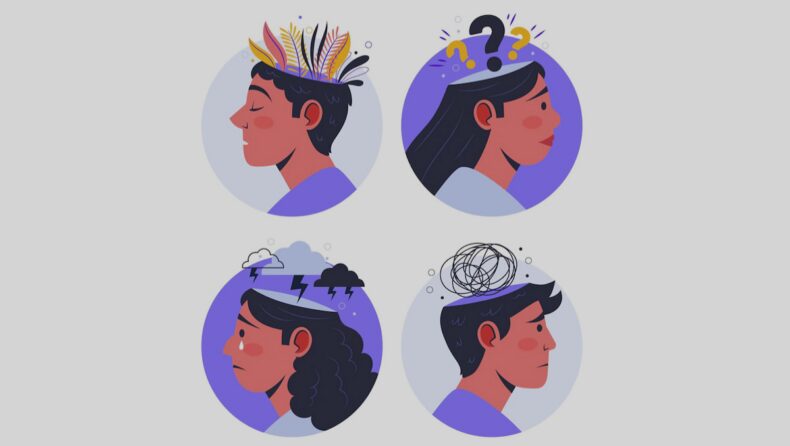
Countries with lower levels of inequality typically have lower levels of mental health problems. Countries with higher levels of inequality, such as the UK and the US, typically have much higher rates.
The most recent mini-budget from the UK government has drawn a lot of criticism. Its impact on pensions, the value of the pound, and stock markets has seldom been out of the news. The potential impact this will have on the mental health of the British populace concerns me as a clinical psychologist but has received little attention.
Specifically, I am concerned about the cutting of the top rate of tax, what this will do to income inequality, and what this will do to people’s mental health.
The basic income tax rate will be reduced from 20% to 19%, saving 31 million people an average of £170 annually, with relatively little impact on low and middle income earners. The very affluent will have a lot more money, nevertheless, if the top 45% tax rate for people making £150,000 or more is abolished.

From April 2024, those making a million dollars annually will save more than £55,000 year. Given that the average (median) UK wage for full-time employees is £31,461 (before tax, pensions, and national insurance is subtracted), this is a substantial gift to the highest earnings and a meagre one to the lowest earners during a period of record inflation and sharply rising energy costs.
Whatever your opinions on the data supporting trickle-down economics may be, you should be aware of the findings of the research regarding the effects of income inequality on health. UK economists Kate Pickett and Richard Wilkinson’s book The Spirit Level, which was released in 2009, demonstrates that for industrialised nations, a greater gap between the rich and the poor has a significant impact on issues like obesity, infant mortality, incarceration, and murder rates.
These issues are often less prevalent in nations with lower levels of inequality, like Spain and Japan. Typically, rates are substantially higher in nations with higher levels of inequality, such as the US and the UK.
This connection also supports mental wellness.
After accounting for demographic factors including age and education, a World Health Organization study of 65 nations discovered that industrialised nations with higher Gini indices (an economic indicator of income inequality) had higher rates of depression over the course of a year. Compared to the most equal countries, the most unequal countries had a prevalence of depression that was more than 50% higher.
The conclusion of a review was that there is significant evidence for a causal association between income disparity and health, while it is obvious that just because two things are associated does not necessarily indicate one is causing the other. For instance, rather than the other way around, changes in the distribution of income indicate changes in public health in the future.
Since the late 1970s, the gap between the rich and the poor in the UK has been growing significantly, albeit it somewhat shrank in 2021.
The poor are becoming much less wealthy at a time of record inflation and stagnant earnings. The remuneration for chief executives at the top 100 firms in the UK, however, is expected to increase by 39% in 2021.
The wealth disparity will widen as a result of the most recent budget. It becomes clear who will bear the brunt of the cost of living crisis and the most recent budget when you consider that a recession is predicted, which is likely to worsen mental health, debt levels are likely to rise, and those who have mental health problems are more than three times as likely to have unsecured debt like energy bills or credit cards.













